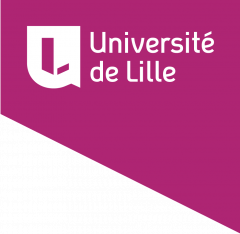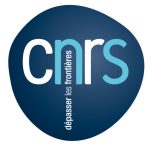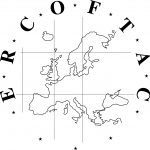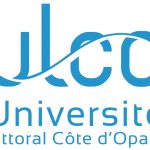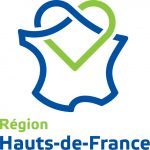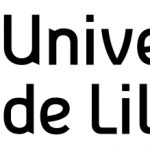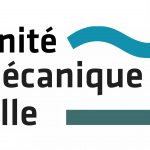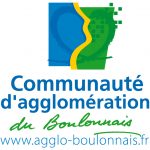The spatio-temporal variability of chemical substances and microorganisms in the ocean is the result of the combined action of the turbulent dynamics of the carrying fluid flow and of a variety of processes taking place at submillimetric scales. One can think for instance of molecular diffusion, chemical reactions or the feeding and mating of microorganisms. Recent technological advancements on biogeochemical probes allow access to highly-resolved field measurements and makes oceanic active/reactive transport studies a fast developing domain. In this context there is a need for the development of theoretical and numerical modeling of the ocean biogeochemical variability at the smallest spatial and temporal scales.
The aim of the present school is to offer an overview of the rich phenomenology of active transport and mixing in the ocean and at the same time to present the modelling tools that are currently in use, or can be adopted, to better understand biogeochemical dynamics.
The school will focus on the three following main topics
- Ocean turbulence: theory, modeling, experiments
- Ocean biogeochemistry: phenomenology and experiments
- Modeling complex flow systems from chemistry to microorganism population dynamics: theory and numerical approaches.
